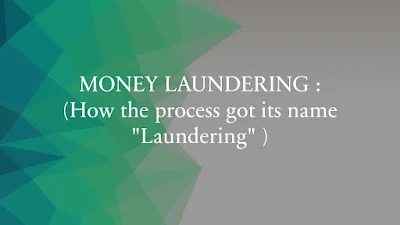INDIRECT TAX:
- Those taxes which are not directly levied on the Income of an Individual.
- This tax is indirectly levied on the Expenses incurred by the Individual.
- This tax is basically levied on the seller of goods but finally it is being paid by the end consumer.
- Examples: GST, custom duty
- In case of indirect taxes, Tax impact and Tax incidence are borne by different person through the process of Tax shifting.
SECURITIES TRANSACTION TAX:
- Securities Transaction Tax (STT)is an Indirect Tax levied on the transaction of securities (Tax Laws & Rules > Acts > Securities Transaction Tax (incometaxindia.gov.in)
- Securities Transaction Tax (STT) is imposed on a broker rather than the investor/trader directly.
- Broker /Stock Exchange deposit it on the behalf of the investors.
- Securities Transaction Tax (STT) is currently imposed on equity and derivative transactions.
ADVALOREM TAX:
- The value of AD VALOREM Tax depends upon the value of a transaction.
- AD VALOREM Tax is directly proportional to the value of the underlying asset
- AD VALOREM Tax is imposed at the time of transaction .
- The nature of AD VALOREM Tax is progressive in the sense that the value of tax will increase with increase in the price of the asset.
- AD VALOREM Tax is usually expressed in percentage.
- Example GST in India.
SPECIFIC TAX:
- Specific Tax is per-unit tax, which is a fixed amount of tax imposed on the quantity of a particular good.
- Specific Tax does not depend upon the price of the goods, unlike the advalorem Tax which depends upon the price of a good.
- Specific tax is levied based on the volume of the item purchased.
- Specific Tax is regressive in nature.
- The tax is usually expressed in specific sums.
- Example: Excise Duty on Petrol.
Angel Tax:
- Angel tax is an income tax payable on capital raised by unlisted companies from investors .
- Unlisted companies raise money mostly from the angel investors
- Angel tax is imposed on issue of shares if the sold share price is excess of the fair market value of the shares.
- The excess of share price over the fair market price is treated as income and it is taxed accordingly.
- If the fair market value of share price of Zomato is Rs. 100 per share and the company raises fund at Rs. 250 per share which is significantly higher than its fair market value. In this case, the excess premium collected by the company (which is an unlisted company) over its fair market value i.e. Rs. 150 per share will be treated as income from other sources
- Consequently, tax shall be applicable on this surplus amount which is referred to as Angel Tax.
DYNAMICS OF ANGEL TAX:
- The imposition of angel tax depends upon the fair market valuation of the company.
- Fair market valuation has been a bone of contention between startups and the income tax department.
- The tax department goes by the rule book and calculates market value based on the net assets of the company.
- On the other hand, future growth prospects of the startup is a major factor in determining the fair market valuation of the startup.
- Difference in calculation of the market value by the income tax department and the fair value by the investor of the startup results in Angel Tax.
- Angel tax wipes away a major part of the surplus of the startup which can be invested.
- Thus, Angel Tax hurts the growth prospects of the start- ups.
Budget 2024-25 has removed Angel Taxation.
CUSTOM DUTY---
- Custom Duty is an Indirect tax that is levied on imports (and, sometimes, on exports) by the government.
- The objective of Custom Duty is to protect the domestic industries from predatory competition from abroad and to raise state revenues as well.
- The rates of customs duties are either specific or on ad valorem basis, that is, it is based on the value of goods.






